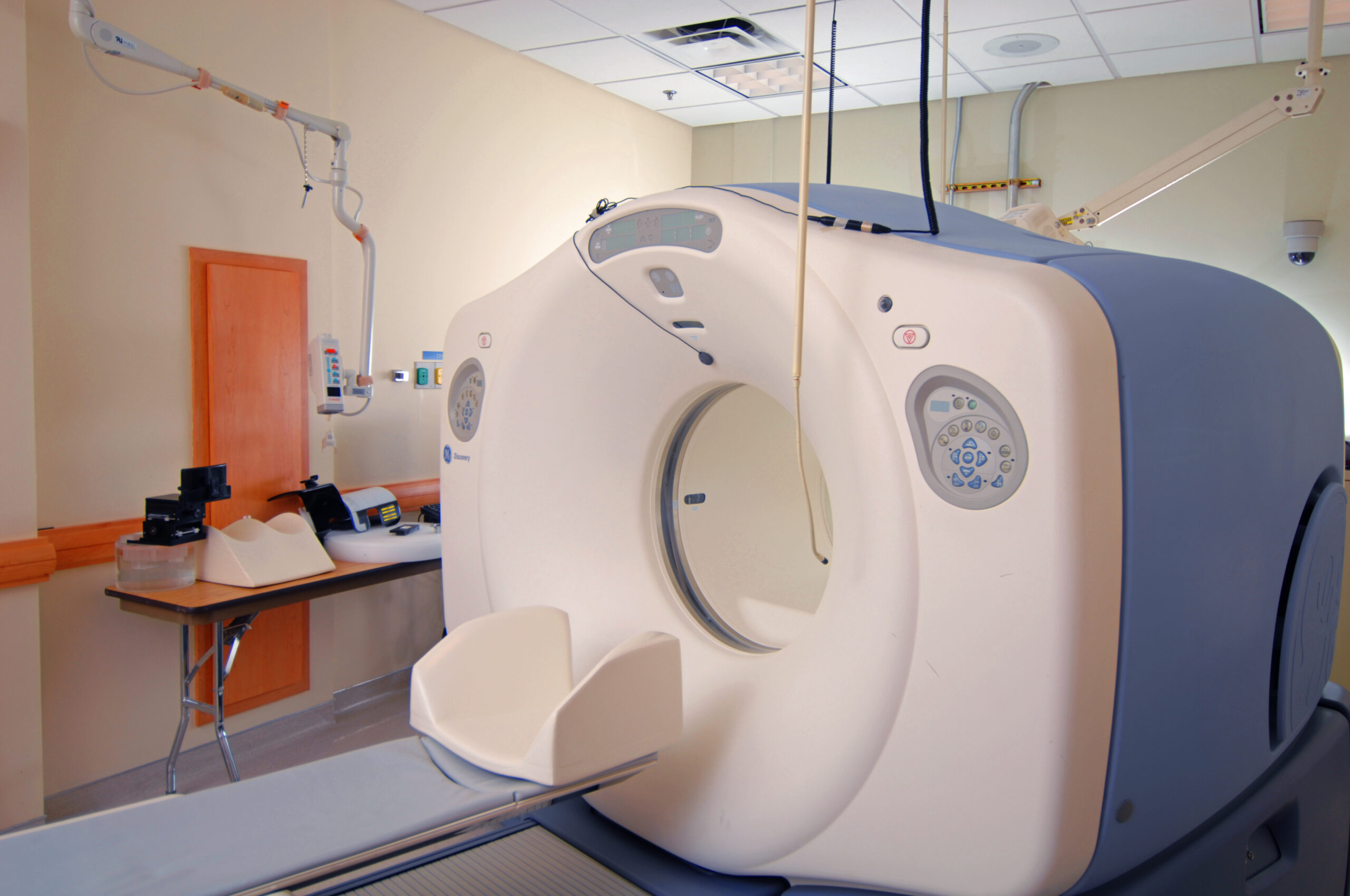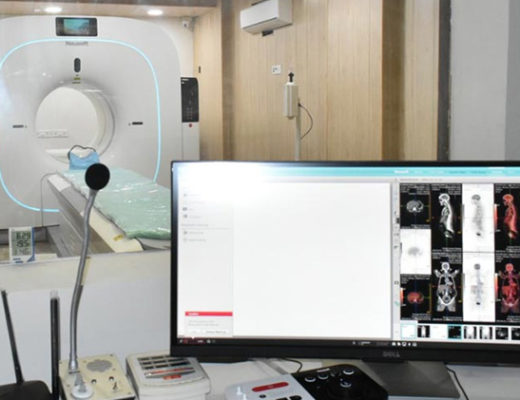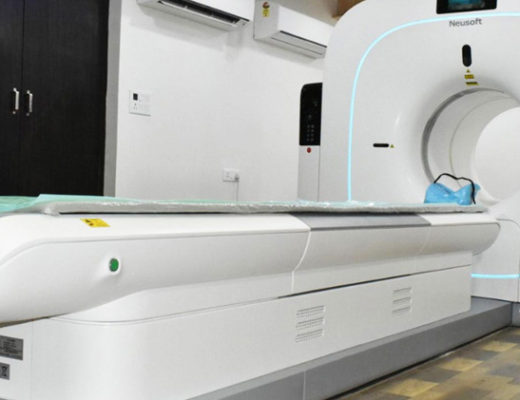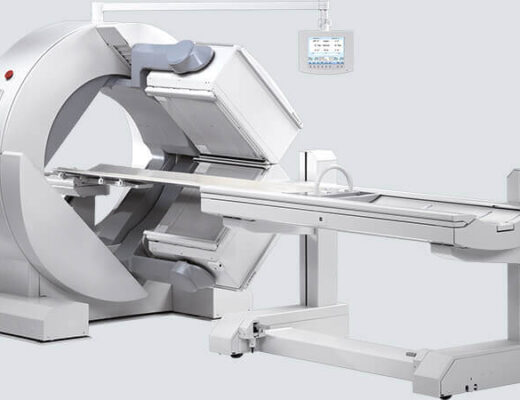RNM Center Rohtak: 24 Hours Before a PET Scan
Your doctor may employ positron emission tomography (PET) scans as a form of imaging test to find potential disorders at the cellular level. To better understand systemic ailments including cancer, brain disorders, and heart issues, doctors can use the scan to assess oxygen intake, blood flow, and metabolism.
Being advised to get a PET scan might be unsettling or worrisome, particularly if you’ve never done one before. Your anxiety can be reduced and the process made easy if you are aware of what to anticipate from a PET scan and how to get ready.
What to Do Before Your PET Scan
A few days before to the scan, preparation for the PET scan begins. Your doctor will provide you with a comprehensive set of instructions outlining everything you need to do. Usually, the doctor will advise not engaging in any vigorous exercise for 24 to 48 hours before to the test.
PET Scan Prep The Preceding Day
For the 24 hours leading up to your PET scan, you must follow a special eating plan. You must absolutely avoid sweets and eat as little carbs as you can. This is because different forms of sugar in your system would be detected by the scan and provide a misleading image because the tracer utilised to construct your PET scan image is created from a sugar analogue. Following foods should be avoided before to a PET scan:
- Cereals
- Pasta
- Beans
- Fruit and fruit juices
- Honey, desserts and candy
- Starchy vegetables like corn, peas and potatoes
- Smoothies and nutritional shakes
- Bread
- Rice
- Gravy
- Jam and jelly
- Caffeinated beverages
- Yogurt
- Milk, including nondairy milks such as oat, almond or soy milk
- Alcohol
This list is not exhaustive, so it’s often more helpful to focus on what you can eat instead of what you can’t. Stock up on these foods for the 24 hours before your scan:
- Meat and poultry
- Hard cheese
- Non-starchy vegetables like spinach, green beans and broccoli
- Nuts
- Eggs
- Tofu
- Margarine, butter and oil
It’s crucial to discuss the food changes and your medication with your doctor if you have diabetes. For 48 hours before to the scan, blood sugar must be under control to ensure reliable findings. Any supplements or OTC drugs you use should also be disclosed to your doctor.
Six Hours Before Your PET Scan
You must stop eating six hours before to your PET scan and limit your fluid intake to water. Consider bringing a water bottle with you to increase your intake since drinking water is suggested and can assist make your results more lucid. You can take your diabetic medication up to four hours before to the test if you have diabetes.
You will be required to take off any jewellery and change into hospital scrubs or a gown since metal can interfere with the testing equipment. Your outcomes will not be impacted by medical equipment like pacemakers or prosthetic hips.
What to Do During the PET Scan
All you have to do on the day of your PET scan is relax and follow the instructions. You will be given an injection with a tracer dosage of radioactive material that the scan will detect one to two hours prior to the scan. The tracer is fluorodeoxyglucose, a radioisotope that resembles glucose (FGD). It accumulates in cancerous cells, revealing to your doctor where problems exist in your body. The injection will feel similar to receiving a standard vaccination; there may be a slight pinch where the needle enters, and your arm may feel chilly. You won’t experience any unusual feelings or pain as a result of the tracer.
You will need to wait at the facility for one to two hours so your body can absorb the tracer, and you should rest quietly during this period. Before the scan, you will have the opportunity to ask your technologist any questions you may have about the procedure.
It is rare but possible to have an allergic reaction to the tracer. You are more likely to have an allergic reaction if you have:
- Allergies
- Asthma
- Blood cell disorders
- Dehydration
- Heart or kidney disease
- A drug regimen including beta-blockers or nonsteroidal anti-inflammatory medications (NSAIDs)
For the scan itself, anticipate a time of about 30 to 45 minutes. You will be instructed to lie flat on a narrow table which will slide out of the circular PET machine. You will need to lie as still as possible and hold your arms above your head to get an accurate picture, and your technologist may ask you to hold your breath for several seconds at a time. There will not be any pain during the procedure, but some people who are afraid of enclosed spaces may feel some anxiety while inside the imaging machine.
The PET machine will make a variety of clicking and buzzing sounds as it rotates around your body, which can sometimes be unnerving for some people. Try to stay relaxed and breathe slowly through the procedure. When the images have been completely recorded, you’ll be brought slowly out of the machine, and your scan will be finished.
What to Do After the PET Scan
Unless your doctor has given you special instructions, you can carry on as normal when your scan is over. Even though the radioactive tracer dose is very low, you should nonetheless, out of caution, stay away from pregnant women and young children for 12 hours following your test.
Drink plenty of water and other hydrating liquids to assist your body flush the tracer out. After two days, the majority of tracers are gone.
A professional will assess the pictures in the days after your PET scan and provide their assessment to your doctor. Usually, you will not have to wait more than two business days for your doctor to receive the information, and you will discuss your results at your next appointment.
Choose RNM Center for Your PET Scan
By following your doctor’s instructions for PET scan preparation, you can improve the clarity of your results, and your doctor can gain important insights about your condition. Choosing the right imaging center can greatly improve your experience and minimize your stress during this essential procedure. RNM Center is committed to creating a safe, hospitable environment for all pa.
Also See:
- How does a gamma camera scan work?
- Does a PET scan show all cancers?
- What is the waiting time for a PET scan?
- Radioactive Scan for Cancer
- PET CT Scan Services




